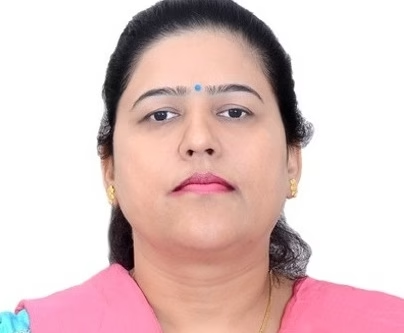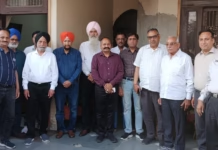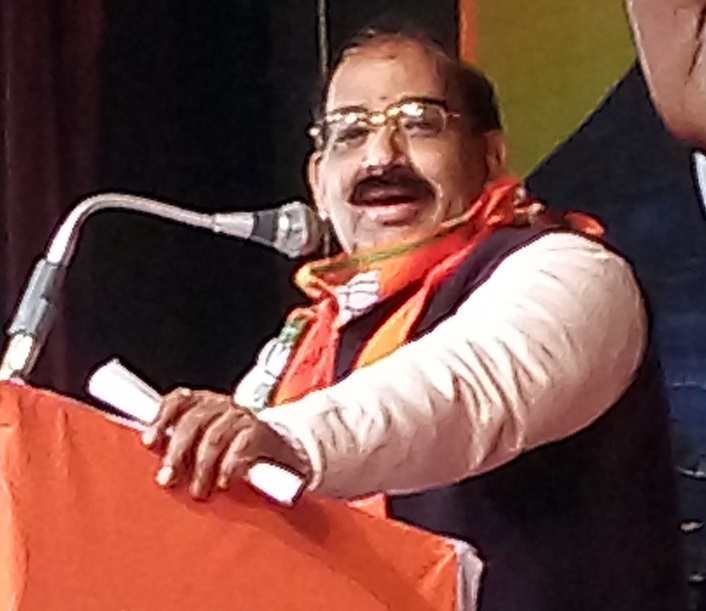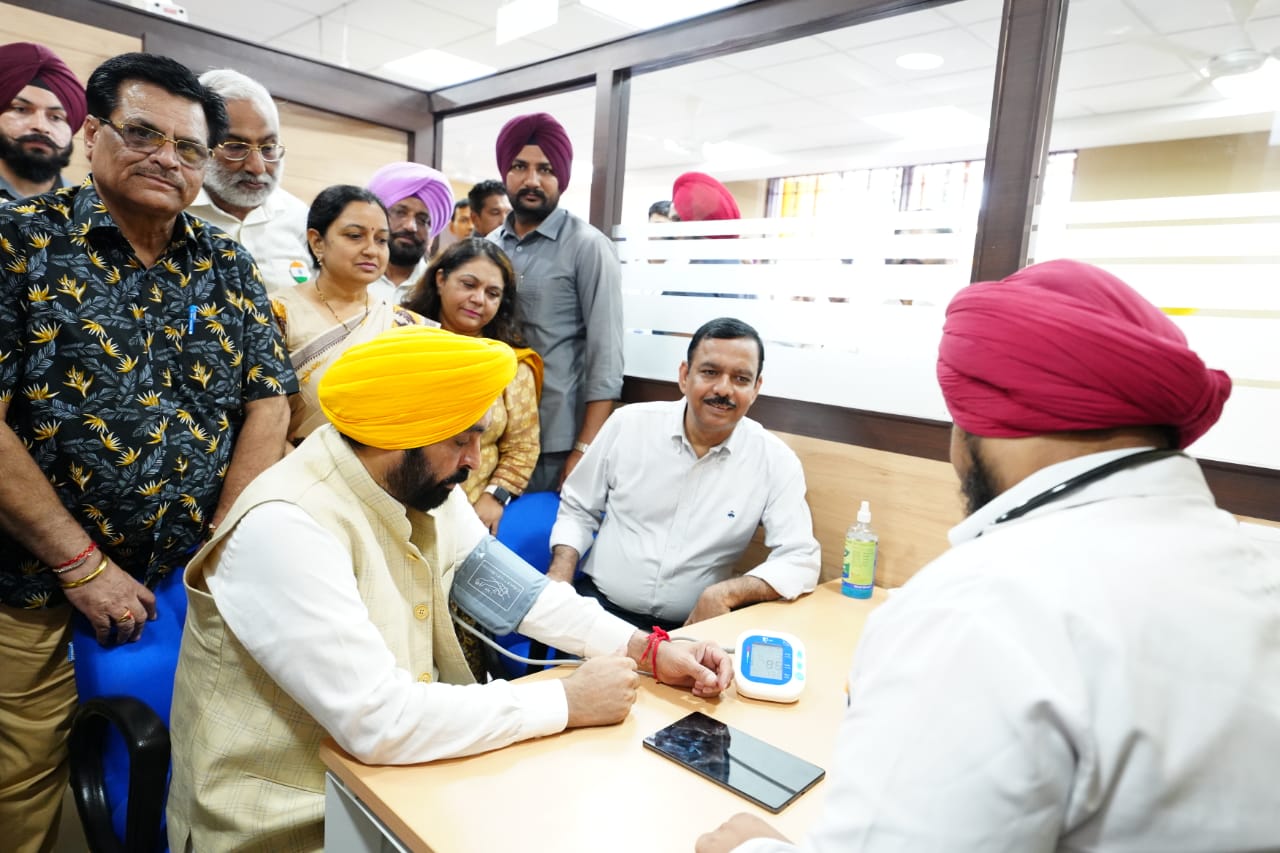International Day of Persons with Disabilities (IDPD)- People with disabilities can be successful and achieve great things- Dr. Kiran Kumari
Dr Kiran Kumari/ December 2,2024
The International Day of Persons with Disabilities (IDPD) is observed annually on December 3rd to promote awareness and mobilize support for the dignity, rights, and well-being of persons with disabilities. This global event emphasizes the importance of creating inclusive societies where every individual, regardless of physical or mental capabilities, can thrive. The day serves as a platform to celebrate the achievements of persons with disabilities, recognize their leadership potential, and ensure their meaningful participation in all aspects of society.
Origins and Historical Context
The history of the IDPD can be traced back to 1981, when the United Nations (UN) declared it the International Year of Disabled Persons. This yearlong observance was pivotal in raising awareness about the challenges faced by persons with disabilities and highlighted the need for policies promoting their integration into all aspects of society. Following the success of the International Year, the United Nations General Assembly proclaimed 1983-1992 as the Decade of Disabled Persons. During this period, various initiatives were taken to encourage member states to implement comprehensive plans and policies for the advancement of persons with disabilities.In 1992, the UN further reinforced its commitment by declaring December 3rd as the International Day of Persons with Disabilities. The inaugural celebration of the IDPD in 1992 marked a significant milestone in advocating for the rights of persons with disabilities on a global scale. The day has since been observed annually with themes that address specific aspects of inclusion and empowerment.
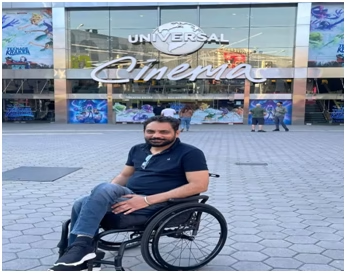
Theme and Significance of IDPD 2024
The theme for IDPD 2024 is “Amplifying the leadership of persons with disabilities for an inclusive and sustainable future.” This theme is deeply relevant in today’s context, as it underscores the vital role that persons with disabilities play in fostering inclusivity and sustainability in society. It aligns with major global initiatives, such as the Pact for the Future and the upcoming 2025 World Summit for Social Development, which aim to create momentum for achieving the 2030 Agenda for Sustainable Development.
The 2024 theme specifically highlights the importance of empowering persons with disabilities to take on leadership roles. It calls for their active participation in decision-making processes, both at the local and global levels, ensuring that policies affecting their lives are inclusive and reflective of their needs.

Goals of IDPD 2024
The observance of IDPD is driven by several key goals, which include:
- Promoting Leadership: Encouraging persons with disabilities to assume leadership positions in all spheres of life, from politics to the workplace, to contribute to a more inclusive world.
- Ensuring Inclusion: Advocating for the inclusion of persons with disabilities in all aspects of society, including education, employment, healthcare, and public life.
- Increasing Participation: Strengthening mechanisms to involve persons with disabilities in decision-making processes, thereby empowering them to influence policies that directly impact their lives.
- Raising Awareness: Enhancing public awareness about the rights, needs, and contributions of persons with disabilities to combat stereotypes and discrimination.
- Celebrating Achievements: Acknowledging the accomplishments and resilience of persons with disabilities, showcasing their contributions to society as agents of change.

Global Observance and Impact
The IDPD is marked by a series of events worldwide, including conferences, seminars, cultural programs, and social media campaigns. These activities aim to amplify the voices of persons with disabilities, promote their rights, and create awareness about the barriers they face. Organizations, governments, and communities come together to reaffirm their commitment to building a more inclusive and equitable society.
Over the years, IDPD has played a transformative role in reshaping public perceptions and policies. It has inspired the adoption of international frameworks like the Convention on the Rights of Persons with Disabilities (CRPD), which emphasizes the rights of persons with disabilities to live independently and participate fully in all aspects of life.
Looking Ahead
As the world prepares for the 2025 World Summit for Social Development, the observance of IDPD 2024 serves as a reminder of the urgent need to address systemic inequalities and barriers faced by persons with disabilities. Achieving the 2030 Sustainable Development Goals (SDGs), especially those related to education, employment, and reducing inequalities, hinges on the inclusion and leadership of persons with disabilities.
International disability day is an occasion to educate the public on issues and to mobilize political will and resources to address global problems, and to celebrate and reinforce achievements of persons with disabilities and also awards are given for the empowerment of these persons.

(National Para Cyclist, Foot Artist, Para Archer and Motivational Speaker).
State and National level programmes are being organized to recognize the outstanding achievements of persons with disabilities in different spheres of life and awards are also given for the empowerment of these persons.
As per Census 2011, in India, out of the total population of 121 crore, about 2.68 Cr persons are ‘Disabled’ (2.21% of the total population)Out of 2.68 crore, 1.5 crore are males and 1.18 crore are females. Majority (69%) of the disabled population resided in rural areas. Right of Persons with Disabilities Act 2016 is a land mark in the history which replaces the Persons with Disabilities (Equal Opportunities, Protection of Rights and Full Participation) Act, 1995.A number of provisions have been made in the RPWD act for the development of persons with disabilities.
In conclusion, the International Day of Persons with Disabilities is more than just a symbolic observance. It is a call to action to recognize the leadership, resilience, and potential of persons with disabilities. By amplifying their voices and ensuring their full participation, we can create a world where diversity is celebrated, and every individual has the opportunity to contribute to a sustainable future.

On this auspicious day, Dr. Kiran Kumari would like to congratulate all the persons with disabilities who had received success in life and those who are striving to achieve a respectable place in the society.
Note: The views expressed by Dr. Kiran Kumari are personal. Dr. Kiran Kumari is Assistant Professor: Dept. Of Sociology and Social Anthropology ,Coordinator: Canter for the Empowerment of Persons with disabilities, Punjabi University, Patiala. She is a State and National Awardee, Member of the State Advisory Board for Persons with Disabilities, Member of State Research Committee, Appointed as State Icon for PWD Voters

Jaswant Singh Puri helped Dr Kiran Kumari in publishing this article.

